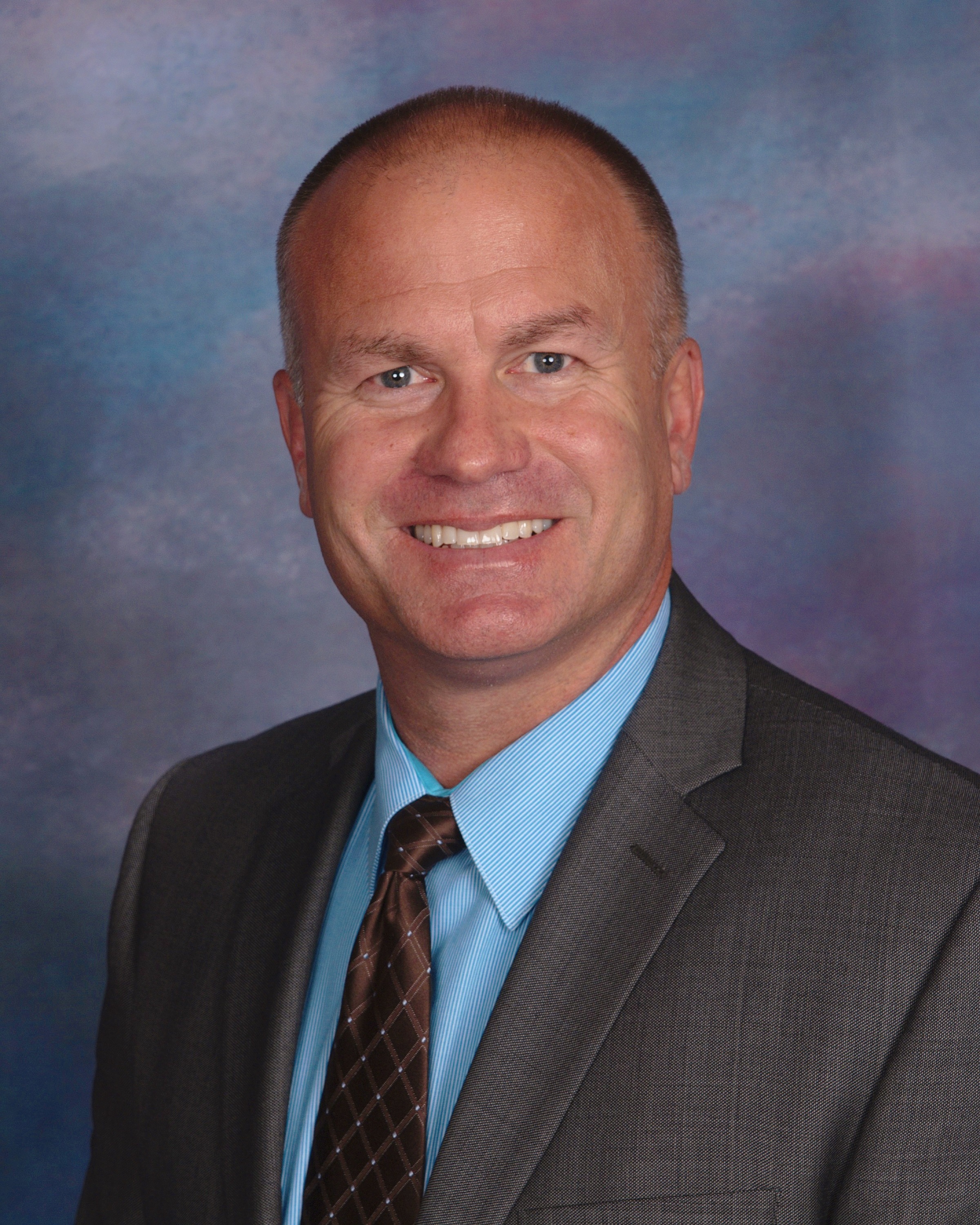Here are seven strategies for optimizing ambulatory surgery center caseload.

1. Communicate with your physicians. Conduct regular board meetings where physician utilization, i.e. the number of cases performed by each physician at the center, is discussed, suggests Mark Babin, vice president of development at ASD Management. Having detailed data available at these meetings can help management assess how many cases each physician is bringing in. "Create a report on physician utilization at your center, and include all physicians whether or not they are owners," he says.
2. Put an action plan in place to increase utilization. If there are physicians that are trending down in terms of case volume or are not using the center as expected, consider putting forth an action plan. "The first piece is the discovery. We will consult the staff and maybe even the physicians and we try to find out where those physicians are taking their patients," he says. "We then try to come up with a solution for effectively and appropriately driving the patients to the center."
3. Encourage physicians to bring more cases to your center. According to Mr. Babin, administrators can encourage physicians to increase utilization by accommodating requested surgical times, implementing the equipment that physicians need and want as well as ensuring that the center includes properly trained staff to accommodate physicians needs. "This includes contracting per diem surgical techs that a physician would want to work with," he says. "Having a good surgical tech is very important. Also, having good payer contracts for your center is paramount."
4. Ensure your center is aligned with the community. Physicians may not want to bring more cases to a center that does not have a good reputation within the community, says Mr. Babin. Physicians assess the reputation of a surgery center as much as their experience at the facility. If a center is not well-respected, encouraging physicians to perform more cases there is a difficult task.
5. Keep an open dialogue. "It is important to consult physicians on new ideas," says Mr. Babin. "Make sure that you are also actively looking for solutions to issues that they may have."
Gain buy-in for all new strategies that you are considering implementing, he adds. Have proof points as to why you are considering certain strategies over others. It is important to have the data to back up new ideas.
Also, ensure an open dialogue with your physicians from day one, and don't let them get apathetic. "Identify issues early and curtail them," he says.
6. Ensure good relationships with physicians' personal staff. Ensure that the relationship between the administrative and clinical staff at your center and the physicians' personal staff is solid. "Remember birthdays, organize luncheons and regularly visit them," he says. "Develop and hold onto those relationships."
7. Be proactive and visible. According to Mr. Babin, lots of physicians complain about not seeing the administrator when they come in to perform cases. Some physicians don't care as much, but several do, especially if they are also owners. "The center that does well is the one where the administrator engages frequently with the physicians and shares with them pertinent information about the center," he says.
More articles on ASCs:
AAAHC accredits Frisco Ambulatory Surgery Center in Texas
ASC stock report: 5 key company updates — Feb. 13
6 recent physician-owned ASC openings, plans
